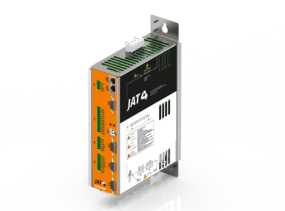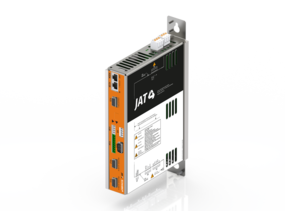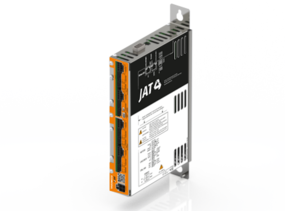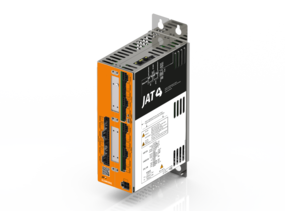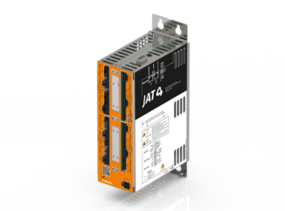Pulse compensation
Highly accurate and highly dynamic positioning systems without an expensive granite frame
Pulse compensation is a process developed and patented at the TU Dresden in which the structurally stimulating reaction force components of electric feed drives are compensated for by targeted control of additional drives (compensation drives), thereby increasing the dynamics of the movement specifications while maintaining the same or improved accuracies. The functionality will also be available as a JAT technology function in the future.
Advantages for mechanical engineers:
Highly accurate and highly dynamic positioning systems can be set up without an expensive granite frame
This simplifies transport and reduces the ceiling load
higher throughput possible


